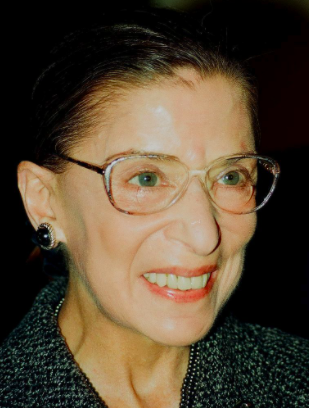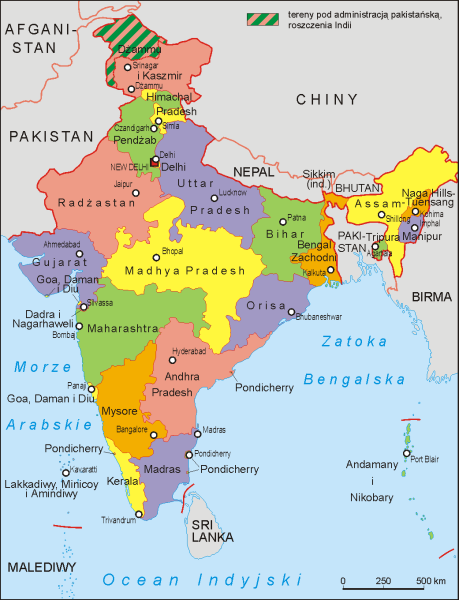Political Effects of RBG’s Death
Ruth Bader Ginsburg dies while still in office

October 5, 2020
Passing away in her home on September 18 in Washington D.C., U.S. Supreme Court Justice Ruth Bader Ginsburg dies at 87, leaving a controversial vacancy in her place.
President Trump plans on choosing a replacement for Ginsburg’s seat before the upcoming election, despite it being a mere forty-two days away. This directly contradicts the judge replacement precedent set by the 2012 election.
“I would say we should wait until the next election round so that anyone placed in power has the same goals in mind,” Natalie Redhair (12) said.
Ginsburg was appointed in 1993 by President Bill Clinton and has since voted fairly progressively. President Trump is likely to pick someone more moderate, but not massively so.
“Every time there is an opening in the government people constantly argue over how it should be addressed,” Benjamin Clarke (11) said. “My biggest concern is how divided the nation can become.”
As usual, there’s animosity between political parties as disagreements over how this process of filling her spot should be addressed.
“Trump would be a fool to pick someone unqualified or overly controversial,” Navarro Government teacher, Prof. Schwartz said. That would stall the process and provide political fodder for his opposition in the upcoming election.”
Even so, it won’t likely affect President Trump’s standing in the election.
“The nation is too polarized at this point for such antics to meaningfully sway the election,” Prof. Schwartz said.
Election notwithstanding, Ginsburg’s death affects many on a rather personal scale.
“I was a little upset that we lost a pretty good court justice,” Redhair said. “It’s daunting to think about someone else filling that spot.”











